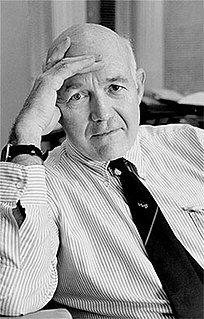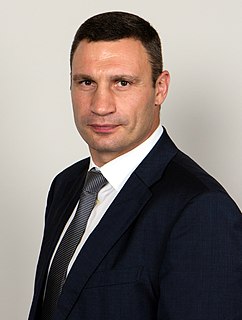A Quote by James S. Coleman
For to change the norms, the very foci of attention, of a cultural system is a difficult task - far more complex than that of changing an individual's attitudes and interests.
Related Quotes
We are unconscious of most of our body's processes, thank goodness, because we'd screw it up if we weren't. The human body is so complex, with so many parts...a system which is far more complex than we can fully imagine. The idea that we are consciously care-taking such a large and mysterious system is ludicrous.
Change is difficult and it takes time. It is hard for people to change their own behavior, much less that of others. Change programs normally address attitudes, ideas, and rewards. But the behaviors of people in organizations are also strongly shaped by habits, routines, and social norms. Real change requires new power relationships, new work routines and new habits, not just intent.
If our moral attitudes are entirely the result of nonrational factors, such as gut feelings and the absorption of cultural norms, they should either be stable or randomly drift over time, like skirt lengths or the widths of ties. They shouldn't show systematic change over human history. But they do.
The right to the city is far more than the individual liberty to access urban resources: it is a right to change ourselves by changing the city. It is, moreover, a common rather than an individual right since this transformation inevitably depends upon the exercise of a collective power to reshape the processes of urbanization. The freedom to make and remake our cities and ourselves is, I want to argue, one of the most precious yet most neglected of our human rights.





































